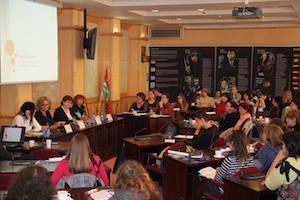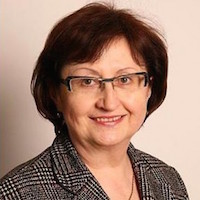CASE STUDY: Mobilizing a volunteer-based support network for the victims of violent crime in the Czech Republic

Organizational Vision
Bily Kruh Bezpeci (BKB) offers comprehensive counseling and aftercare for the victims of violent crime. BKB organizes care that is customized to fit the circumstances of the individual victim. Services include psychological counseling, information, referrals, legal services and assistance with interacting with the police. The goal is to provide the victim with the necessary services and information so that he or she will be able to make rational decisions and choices regarding legal and personal options.
The innovation resides in the fact that all these services are provided through volunteers. BKB is the first of its kind in the Czech Republic, both in its focus on the needs of victims and its path-breaking use of volunteers. Though many Czechs mobilized as volunteers for the environmental movement, volunteerism in other social areas is still uncommon.
Citizen Base Strategy
BKB seeks out volunteers who meet one of the following two criteria: Individuals who are trained in crime law, crime prevention, crime psychology; Individuals who are trained in psychology.
Petra finds that the most difficult challenge is to find volunteers who are trained. As more and more people hear about the center, more people want to volunteer. But it is important for sustaining the quality of BKB’s services that all volunteers be experts. This means turning away many and accepting only the professional volunteer.
Because of her criteria, Petra pursues a targeted approach to recruitment. She publishes advertisements in target magazines, such as those for lawyers or police officers. She lectures to her target audiences, accepting invitations to police academies, universities, and lawyers’ associations. She sends specific letters to Associations of these same professions.
Three years ago, BKB did its first survey on volunteer motivation asking its volunteers why they give free time, and why they have stayed with the organization. All volunteers responded with the following three reasons:
- Volunteers were unhappy with the situation of victims of violent crimes.
- Volunteers love working with the team. The personal relationships developed between the volunteers are very important. Given their professions, volunteers often spend their days in opposition to one another. There are many examples of prosecutors and defense attorneys spending their day arguing against each other, but are able to come to BKB and work together to solve a problem.
- Volunteers love the opportunity to learn new skills and the constant trainings involved.

How It’s Working
Petra Vitousova was elected to the Ashoka Fellowship in 1995.
